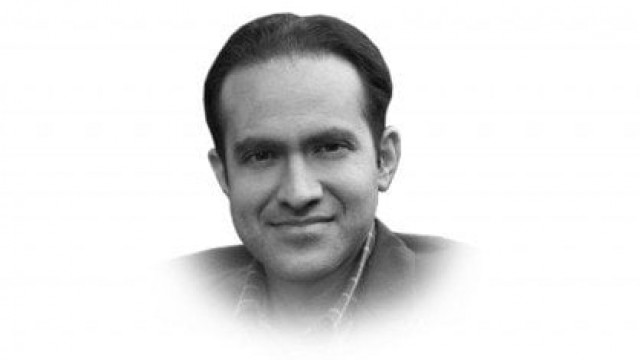The anatomy of conspiracy

Conspiracy theories are a symptom of powerlessness. When people are unable to find answers or make sense of turmoil they latch on to whatever fanciful explanation makes sense. Several brands of conspiracy theories exist in modern societies. Some are fuelled by a suspicion of science and an inability to reconcile complexity of knowledge. For example, questioning the lunar landing has created an entire industry of books and websites in the US where people question whether science could achieve such a feat. Sceptics couple a suspicion of science with a suspicion of government; suspicion of authority is central to conspiracy theories.
There are theories that claim far more has been achieved in scientific knowledge than what the government is willing to reveal. This brand of conspiracy theorists is also very popular in the US through a blend of science-fiction pop culture and clandestine military activities in the south-western part of the country. Contact with extra-planetary alien cultures is central to this group’s narrative. The town of Roswell, New Mexico, has become ground zero for this counter-culture. Hollywood has capitalised on this suspicion, perhaps even fuelled it through popular TV series like “The X-Files.” I must confess being a fan of this series which ran for almost a decade. What fascinated me was how it took a grain of scientific fact or a true historic episode and wove a fictional web around it so deftly that even the most outlandish material could seem appealing to an informed audience.
Central to the success of conspiracy theories is some element of truth which may be stranger than fiction. Consider theories about doctored videos maligning the Taliban which have surfaced in recent months. While there is little doubt regarding atrocities committed against women and minorities in their dominion, we should not dismiss the propensity for propaganda on all sides. For example, The Guardian revealed earlier this year that during the Iraq war the Pentagon had entertained a suggestion to make a false video of Saddam Hussein having sex with a man which could be broadcast to discredit him. In another case, a photo-shopped video of an Osama bin Laden look-alike in a drunken stupor was actually filmed. According to The Guardian, the video “used some of the CIA's darker skinned employees as extras playing the terror chief's henchmen.” Thankfully, none of these ideas went forward but the mere fact that they were proposed gives us reason to pause.
One of the key reasons for the persistence of conspiracy theories has been the revelation that Cold War propaganda stories were actually true. 9/11 conspiracy theorists have capitalised on the existence of a CIA plan known as Operation Northwoods which aimed to commit terrorist acts in the US and blame it on the Cubans in order to gain sympathy for the US position on Cuba. President Kennedy rejected this plan but its consideration in declassified documents has been enough to give spur to 9/11 conspiracy theorists. If there is any silver lining to conspiratorial thinking, it is a willingness to question what might seem obvious to the linear observer. As a scientist, I always consider such questioning to be positive. But when this curiosity becomes laced with predisposed dogma that has theological roots, it loses any charm. So fellow countrymen, feel comfortable in questioning the establishment but don’t be paralysed by paranoia. International behaviour changes just as much as human behaviour and we should always be willing to embrace positive change among countries. Countries such as the US have to confront conspiracy narratives head-on and show how they have clearly changed in their modus operandi over the years. Foes of yesteryears can become friends and we should cautiously focus on such positive transformation rather than languishing in the past.
Published in The Express Tribune, June 29th, 2010.














COMMENTS
Comments are moderated and generally will be posted if they are on-topic and not abusive.
For more information, please see our Comments FAQ